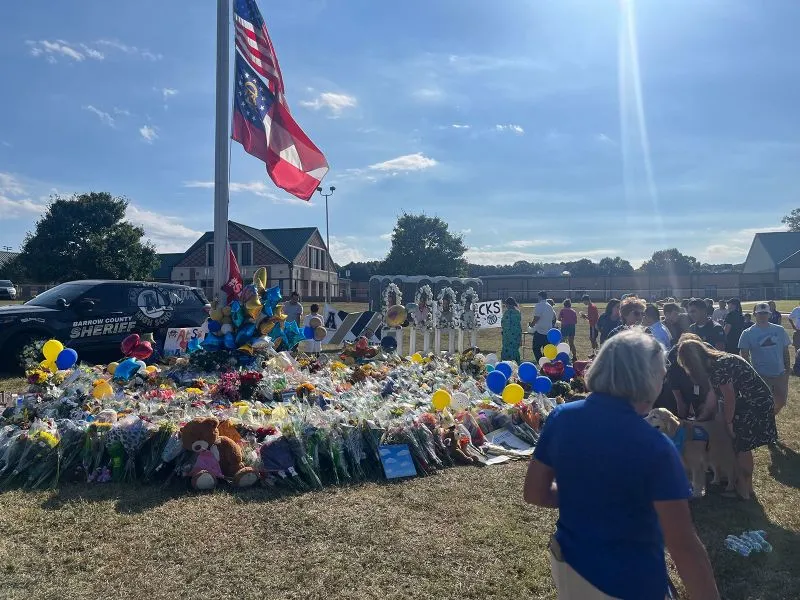Mental Health Crisis Following Georgia High School Shooting: What's Next?

Mental health issues have surged after the Georgia high school shooting, exacerbating a pre-existing shortage of care. Local providers are grappling with the rising demand as panic attacks, anxiety, and PTSD take hold in the community. The available support resources are already stretched thin, revealing a chronic lack of mental health care options in Barrow County.
Experts, including Howard Liu, chair of the Council on Communications for the American Psychiatric Association, emphasize that the community must prepare for increased mental health needs in the coming months, particularly as students return to school.
- The immediate response included volunteer therapists and temporary recovery centers.
- Previous reports indicated alarming data on student mental health, with many considering suicide.
- Local advocacy groups are working tirelessly to fill the gaps in care.
Yet, significant challenges remain as Georgia continues to face a widespread shortage of mental health providers and a lack of insurance coverage for necessary treatments. The long-term impacts of these invisible injuries could create a public health crisis in the years to come.
This article was prepared using information from open sources in accordance with the principles of Ethical Policy. The editorial team is not responsible for absolute accuracy, as it relies on data from the sources referenced.